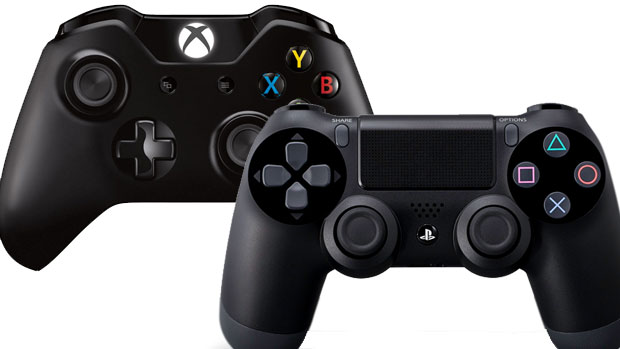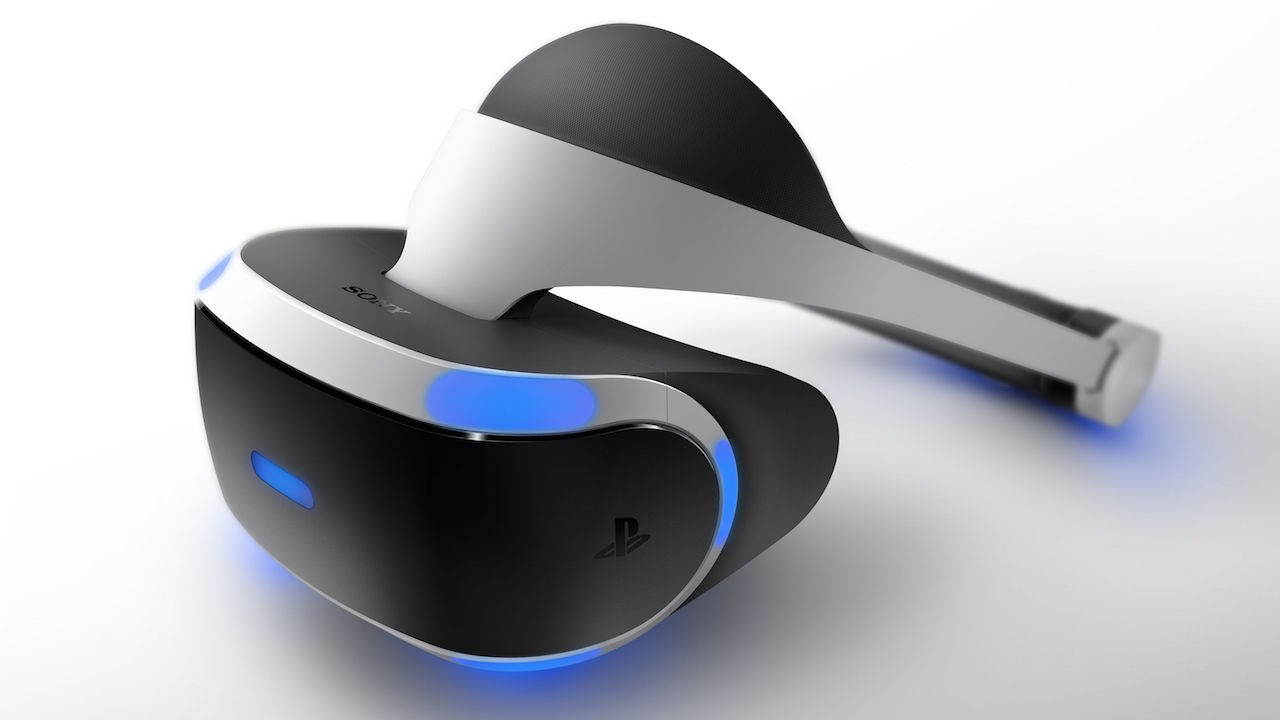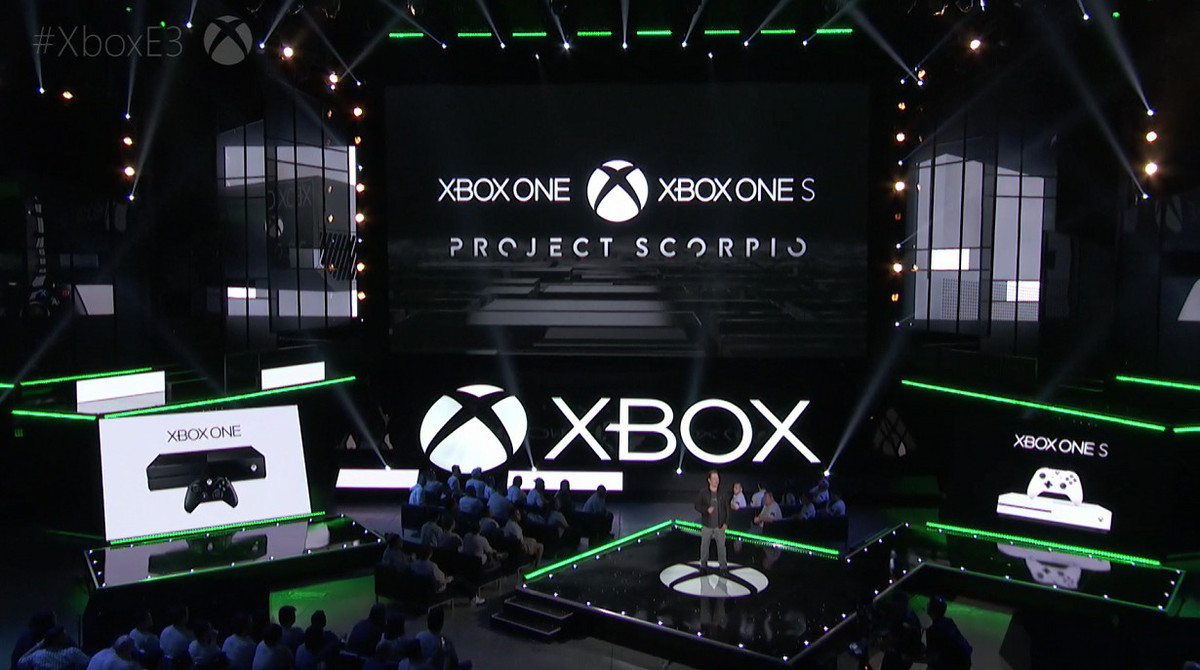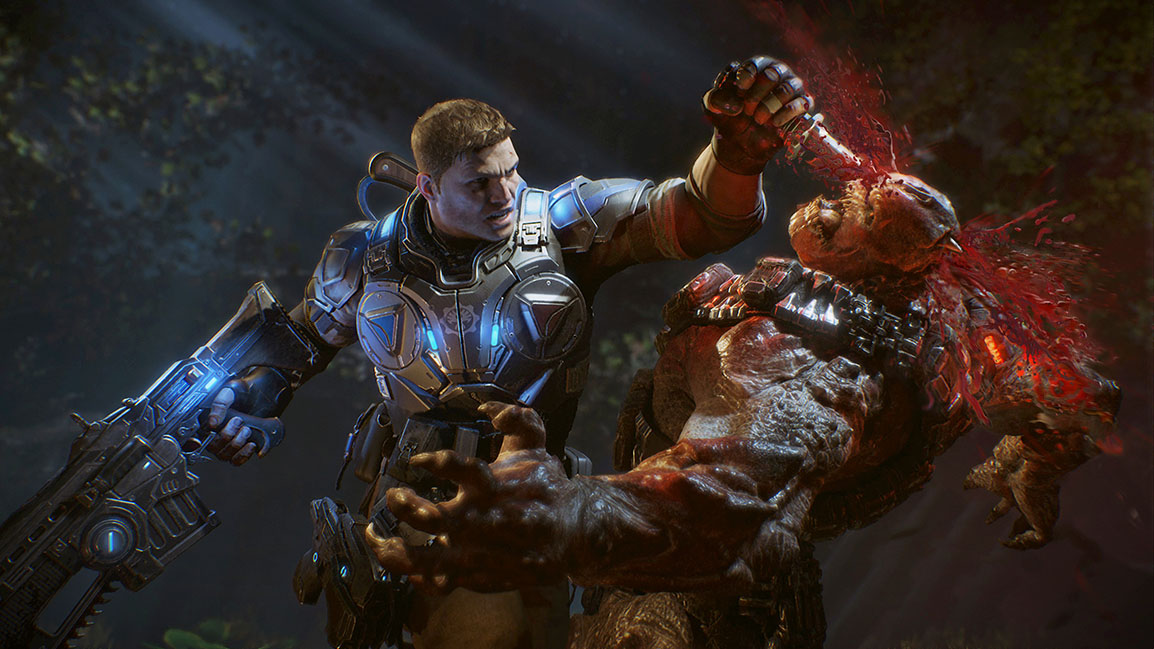How will the next generation of consoles impact PC gaming?
We asked developers for their thoughts on the incoming Xbox One Scorpio and PlayStation 4 Neo.

Much has been written about the impact of Xbox One Scorpio and PlayStation 4 Neo on the console business, but what are the implications of an unexpected mid-generation console hardware refresh for PC gaming? The answer right now is a mixture of “it’s promising” and “it’s discouraging”.
These console releases won’t affect PC players directly, but they’ll reshape the market in ways that could both help and hinder the creation of quality games. The obvious upside is that more powerful consoles should mean fewer technical compromises when developing for both console and PC. Slated for launch in 2017, the two machines sport faster CPUs and significantly more GPU power than their predecessors. Scorpio, the gruntier of the two, will offer a card capable of six teraflops. Neo is reportedly taking the cheaper route with a 4.2 teraflop card.
Neither machine can rival a top-of-the-line PC, and we’re unconvinced by claims that they’re built to take full advantage of 4K displays—AMD’s existing R9 390X card pushes 5.9 teraflops and struggles to achieve 30fps in native 4K. But even if Scorpio and Neo aren’t equipped to deliver ‘true’ 4K, they’ll contribute to a demand for higher resolution gaming that should indirectly make it more economical for developers to create lush-looking titles for PC.
Their arrival (together with Sony’s PlayStation VR headset and, in all probability, some kind of Oculus Rift support for Xbox One Scorpio) will also give VR a shot in the arm—even the relatively feeble Neo comfortably exceeds the minimum GPU spec for VR gaming on PC.

There are a few problems with this optimistic line of reasoning, however. Firstly, the original Xbox One and PS4 aren’t going anywhere: the idea isn’t to replace them, but to create a premium alternative that runs the same games using the same disc, only with more bells and whistles. This means developers will have an incentive to keep working on the weaker platform with the larger installed base for longer than is usual in a hardware generation transition. It also means that multiplatform studios will face developing for six formats (including Nintendo’s unannounced next console) in tandem—no mean feat.
While Sony has yet to say much about developing for Neo, Microsoft is adamant that making games for both Xbox One and Scorpio won’t be as resource-intensive as porting between previous console generations. Its trump card here is the Universal Windows Platform, a software development sandbox created for Windows 10 that supposedly enables seamless development across all of Microsoft’s devices, from tablets to consoles.
In theory, a unified 'content ecosystem' means more Xbox games for PC.
When I met him at the manufacturer’s spring showcase in February, Xbox and Windows director of program management Mike Ybarra talked up the benefits of Universal Windows Platform for PCs, claiming among other things that “Universal Windows Apps running on Windows 10 are much more stable than Win32 applications.”
Keep up to date with the most important stories and the best deals, as picked by the PC Gamer team.
Early Universal Windows Platform releases don’t really bear this out—the PC version of Remedy’s Quantum Break was a dismal experience at release, mightily crash-prone and unable to run at 60fps with a 60Hz monitor—but developers I’ve spoken to have expressed cautious optimism on the subject.
“It doesn’t sound like it’s going to be as painful as it would have been to make, say, both an Xbox One and an Xbox 360 game,” says Drew McCoy, a producer at Titanfall developer Respawn Entertainment. “Because those processing architectures were so different. I don’t know if it’ll be a nightmare. I think we’re all excited to see what happens—it’s definitely an interesting transition, and we can’t wait to see what goes on with that.”

Another question is whether Microsoft and Sony will insist developers support all versions of their consoles. Will studios be able to dedicate themselves to higher-end platforms, or will they have to spread their efforts? Behaviour Interactive’s senior producer Nathan Richardson has said that even if developers are able to pick and choose, the manufacturers will favour those who work across both incarnations of each console—potentially at the expense of the PC version.
“It’s like with all hardware, the PlayStation Move and the rest. The more boxes you tick with Sony, the happier they are with you and the more they will promote you. So [Scorpio and Neo] are going to be optional to begin with—if you’re using them you’ll get promotion out of it, and that’s great for a lot of developers.”
Behaviour Interactive doesn’t have any specific plans for Scorpio and Neo, but is naturally enthused about working with beefier hardware. Like McCoy, Richardson has faith in the manufacturers’ ability to streamline tools so that developing across systems won’t eat too much time and manpower. “It’s just pragmatism—you’d be putting a lot of extra pressure on developers.”

For Microsoft in particular, the mid-cycle upgrade also facilitates the weaving of Xbox and PC gaming into a single development platform, based on Windows 10 and UWP. The benefits are straightforward on paper: a unified “content ecosystem” means more Xbox games for PC, with first-party titles such as Halo Wars 2 released on consoles and desktops simultaneously. Whether they’ll run properly is another question, but at least they’ll be there.
Against this prospect we should set Epic Games co-founder Tim Sweeney’s frequent warnings that Microsoft could use UWP to create a walled garden, with UWP games subject to strict platform holder controls and only accessible via the Windows Store. Currently, third parties can distribute UWAs just like older Win32-based apps—but it’s worth noting that Microsoft has tried to restrict software usage before with the now-discontinued Windows RT.
Xbox One Scorpio and PlayStation Neo are a paradigm shift for the industry, whatever your platform. Only time will tell if it’s a change for the better.

